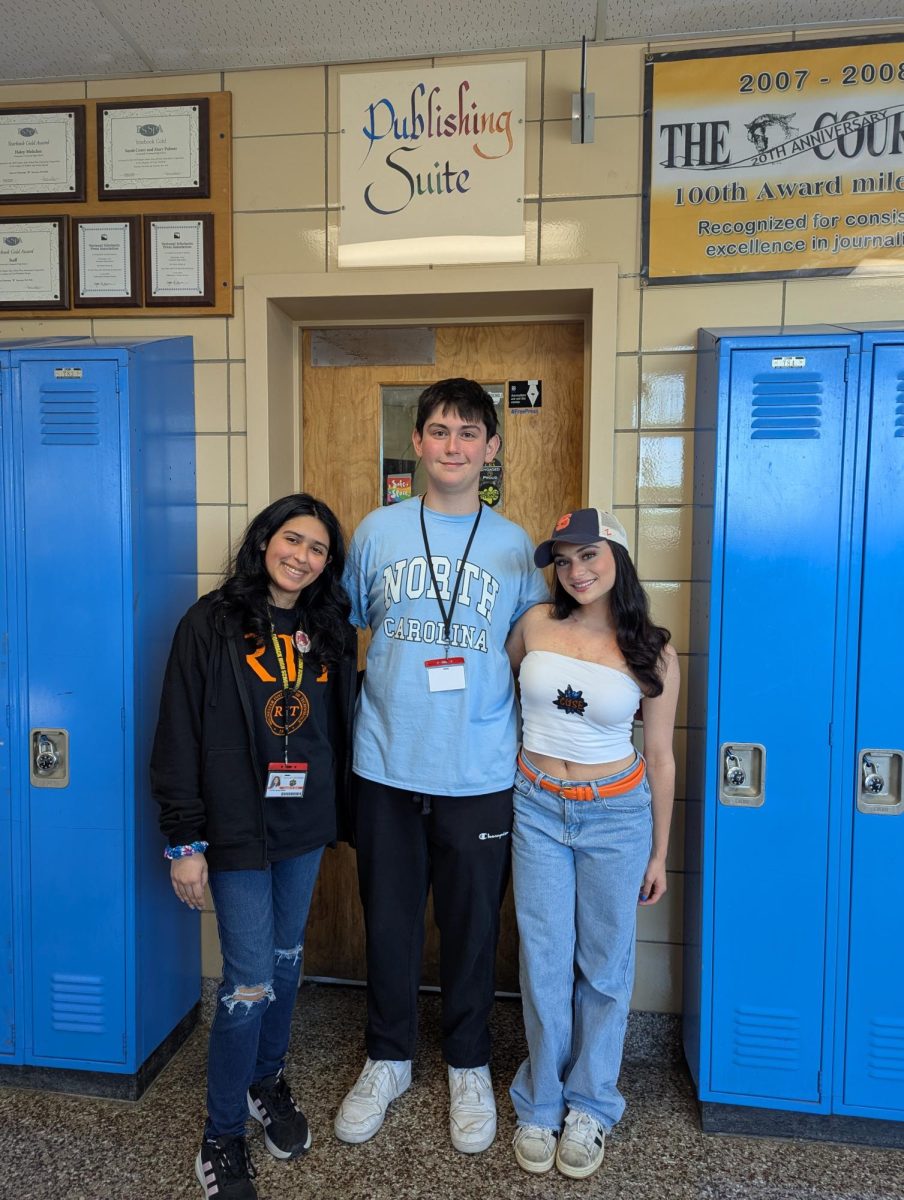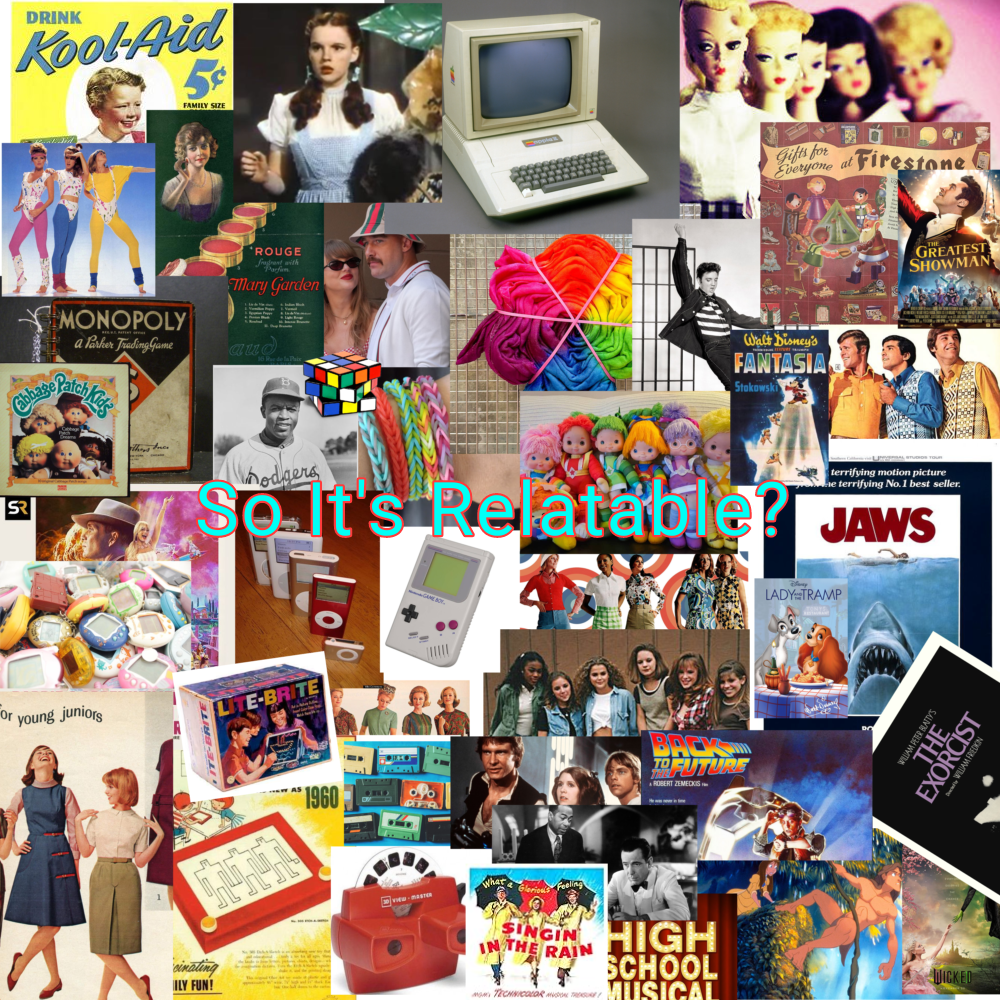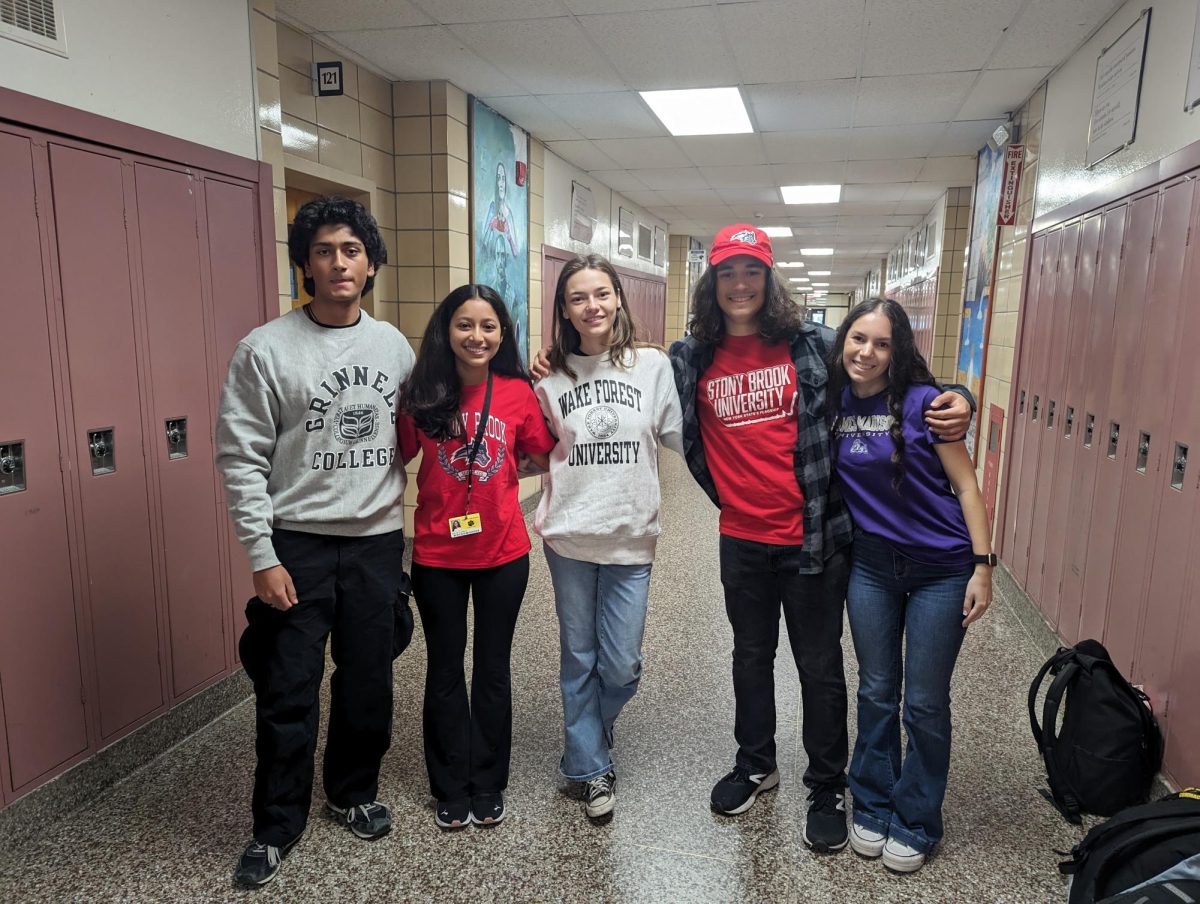If anyone has ever spoken to me, I believe they can attest to the fact that I never shut up about my heritage. Whenever given the opportunity, I’ll chant Chile’s national chant, “Chi! Chi! Chi! Le! Le! Le! VIVA CHILE!” Or, I’ll recount my dad’s immigration story from Italy.
Each culture is intertwined with my life in its own unique way. I wake up on Sunday mornings to classic Latin music being played as my mother cleans the house, and the day ends with a basil and oregano aroma filling the kitchen as my father cooks one of his many infamous pasta dishes.
The languages in my life tend to clash. Conversations in Spanish litter my home, the Spanish I spoke in my early childhood was near perfect. As I got older and began spending more time surrounded by the English language, my Spanish morphed into a mix of English and Spanish, Spanglish. Even in my Italian class the languages clash. Italian and Spanish are inherently similar, so it’s no surprise that I mix up the languages in class more than I’d like to admit. Even during my trips to Italy, I would be able to converse with my cousins in Spanish and still communicate with them effectively. Nonetheless, I can credit my past knowledge of Spanish to succeed in my Italian language endeavors.
The battle between all three cultures in my life is an ongoing war concerning my self identity. As cliché as it sounds, I feel as if I can’t entirely resonate with one of the three. Growing up in a community with a small Latino population, it was difficult to find other students that I could relate to in that sense. Not being able to connect with my culture outside of my home ultimately created a barrier, being labeled as ‘una gringa’ by my family. My father immigrated to the United States when he was 18. Being over 4,000 miles away from his home country for nearly 40 years with limited family in the United States created a divide between him and his culture. Despite still being Italian, it’s difficult to resonate with other Italian Americans as I’ve never had Sundays dedicated to making tomato sauce with the entire family or my nonna making homemade pasta.
But these feelings of alienation are what drive me to connect further. Whenever my abuela visits the United States, I’ll beg her to make traditional Latin dishes and tell me stories about Chile throughout her lifetime. When there’s a new Italian drama on Netflix, it is added to my “to watch” list immediately.
Being exposed to different cultures from a young age, I have not only adopted a love for learning about my own cultures but of others as well. My Duolingo is overrun with multiple different language lessons ranging from Portuguese to Japanese, and I check my The New York Times app daily to stay updated with global affairs.
Whether or not one would consider me a ‘true’ Italian, Chilean, or American, I have made my heritage my own through my unique experiences.◼️






